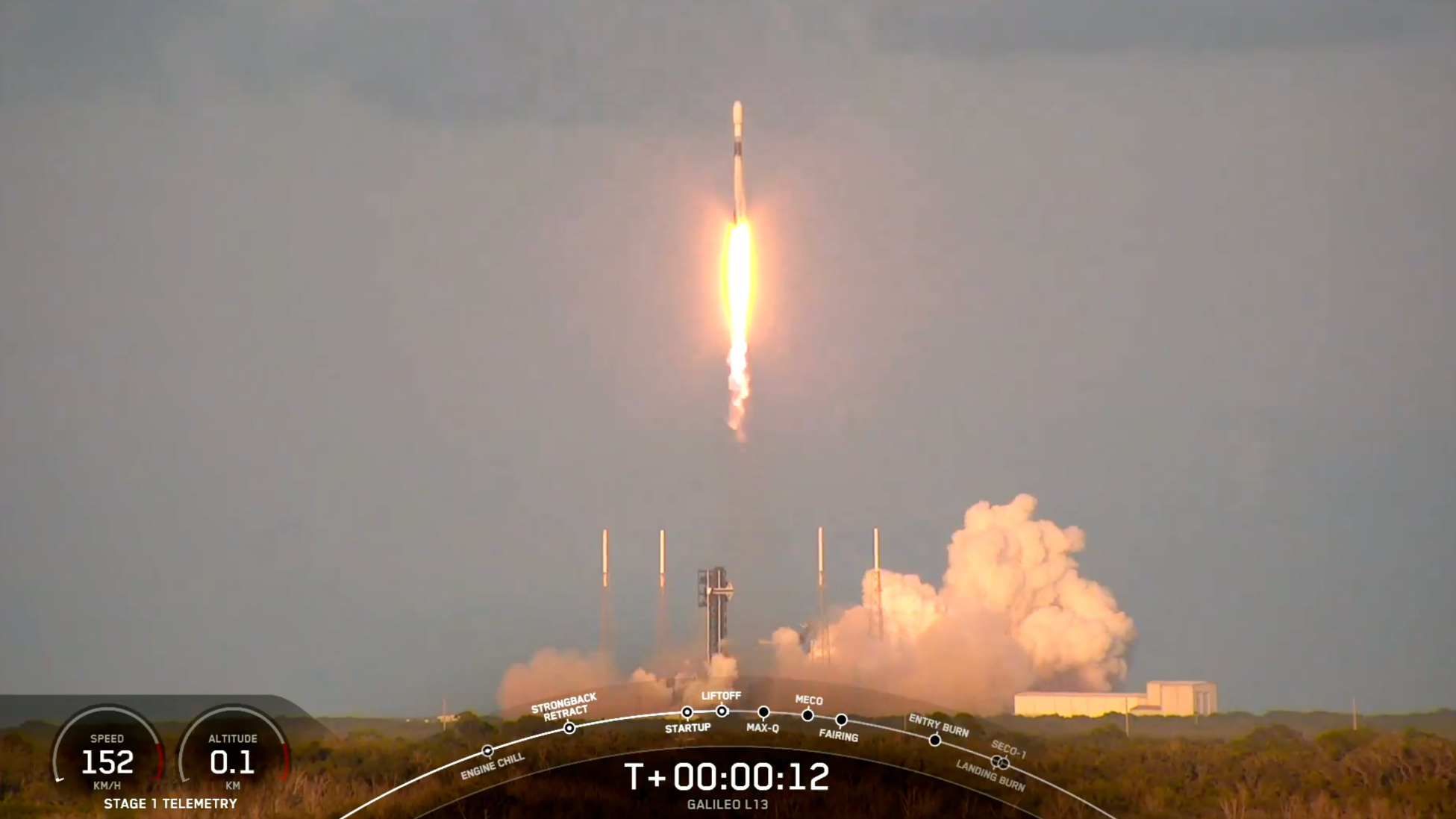The recent launch of the "Rapid Response Trailblazer-1" (RRT-1) mission by SpaceX exemplifies the increasing reliance on private aerospace companies to support national security objectives. On December 16, 2024, a Falcon 9 rocket successfully deployed GPS III SV-07, a third-generation military GPS satellite. This expedited mission was initiated due to delays associated with the United Launch Alliance's Vulcan rocket, significantly shortening the timeline from two years to just five months . The ability to rapidly deploy such critical assets reflects the U.S. Space Force's strategic adaptability in responding to evolving threats.
The launch, previously known simply as “RRT-1,” actually stands for “Rapid Response Trailblazer.” Onboard was the GPS 3 Space Vehicle (SV) 07 (GPS 3 SV-07). Lockheed Martin, the satellite’s manufacturer, confirmed successful signal acquisition less than two hours after the launch at 7:52 p.m. EST (0052 UTC).
The spacecraft will continue to operation out of Lockheed Martin’s Denver Launch & Checkout Operations Center “until its official acceptance into the current operational GPS 31-satellite constellation,” the company said.
Originally, the spacecraft was scheduled to launch onboard a United Launch Alliance Vulcan rocket. The launch was one of five missions awarded to ULA as part of order year three for the National Security Space Launch (NSSL) Phase 2 contract.
In addition, SpaceX did not show any views of the Falcon 9's upper stage during today's webcast and ended the stream about 8.5 minutes after launch, at the request of the customer.
The Falcon 9 first stage booster supporting this mission, tail number B1085 in the SpaceX fleet, launched for a fourth time. It previously supported the launches of Crew-9 as well as Starlink 10-5 and Starlink 6-77.
Roughly 8.5 minutes after liftoff, B1085 touched down on the SpaceX droneship, ‘A Shortfall of Gravitas.’ This marked the 90th booster landing on ASOG and the 383rd booster landing to date.
Moreover, this mission underscores the necessity for agility within military operations. The logistics of transporting the satellite from Colorado to Florida presented challenges due to unavailability of aircraft; thus it was moved by road. Despite these challenges and a lack of detailed public information about the payload—heightening its mystery—the successful launch signifies not only technological capability but also an operational readiness that is vital for maintaining national security in uncertain times.
Read more
Significant damage reported after a 7.3 magnitude earthquake strikes Vanuatu Game Recap: Packers Beat Seahawks 30-13Sarah H
Also on site :
- Lowering blood pressure aggressively may reduce dementia risk
- Kaitlyn Dever shares heartbreaking detail about shocking Last of Us scene
- NBA playoffs 2025: Pistons beating Knicks 100-94 in Game 2

